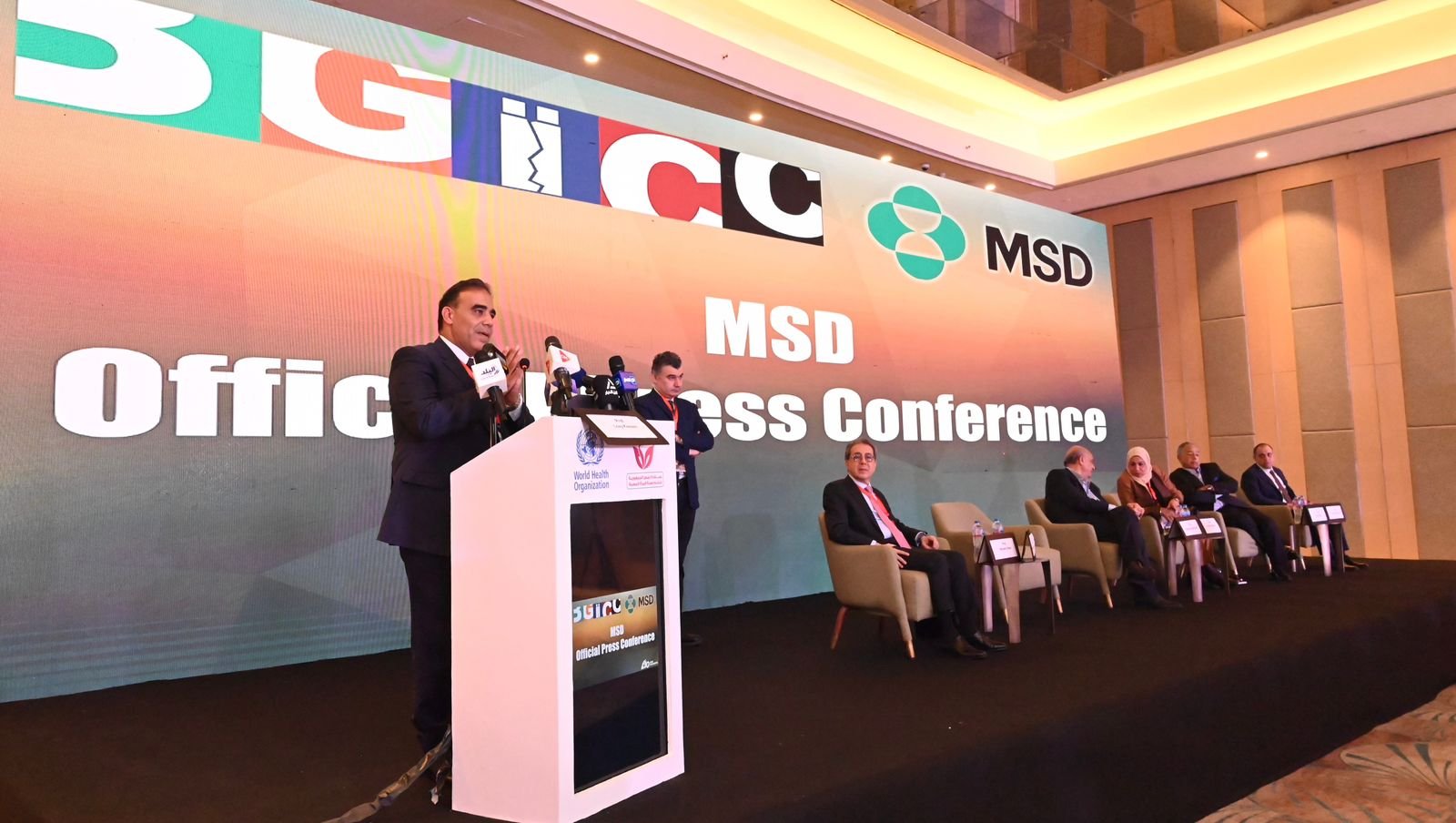By TN Media News | Cairo, Egypt:
MSD Egypt presented pivotal findings from its TRIPOLI study during the 17th Breast Gynecological & Immuno-oncology International Cancer Conference (BGICC 2025) held in Cairo. The study is the first regional analysis focused on triple-negative breast cancer (TNBC) in the Middle East and North Africa (MENA) region.
A Regional Breakthrough in Cancer Research:
The TRIPOLI study examined challenges and treatment approaches for TNBC, a highly aggressive cancer subtype. Data were gathered from 702 newly diagnosed patients across nine Arab countries, providing the most comprehensive regional snapshot to date.
Experts highlighted the study’s emphasis on early detection, effective treatment plans, and the potential for personalized therapies. These findings aim to improve patient survival rates, especially in high-risk cases.
Expert Insights on Early Detection and Access:
Dr. Hazem Abdel Samie, Managing Director of MSD Egypt Cluster, stressed the vital role of early diagnosis.
Patients diagnosed at earlier stages have significantly better chances of survival, he said.
We remain committed to advancing care through strong partnerships.
Professor Hamdy Abdel Azim of Cairo University emphasized the need for innovation and better access to treatments, especially in underserved communities.
Key Study Highlights
-
Early detection leads to improved survival in TNBC patients.
Neoadjuvant treatments show promising results in early-stage intervention.
Collaboration among stakeholders is essential for equitable access to care.
A health economic analysis in Egypt confirmed that innovative therapies for early-stage TNBC are cost-effective.
Future Impact and Regional Collaboration:
The TRIPOLI study’s findings are expected to influence oncology practices and inform healthcare policy throughout the region. Its evidence-based recommendations support the need for enhanced screening, timely intervention, and broad access to modern therapies.
The study has been hailed as a milestone in regional cancer research, underscoring the importance of united efforts in improving cancer care across the MENA region.





